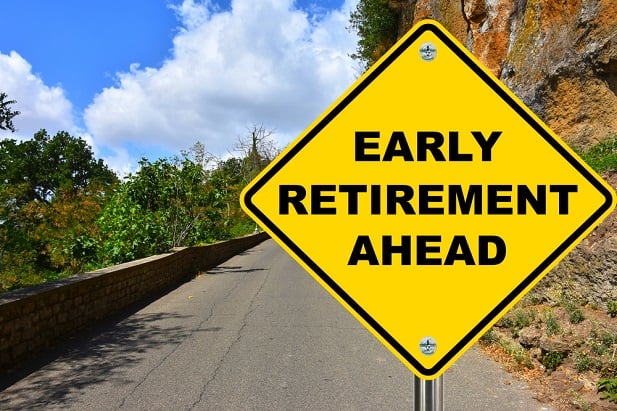A new working paper from the National Bureau of Economic Research finds that public sector employees offered early retirement eligibility or early retirement buyouts are more likely to retire, without incurring any deficits in retirement wealth levels.
The paper “Retirement Choices by State and Local Public Sector Employees: The Role of Eligibility and Financial Incentives” looked at the probability of retirement as a function of pension wealth at early and normal retirement eligibility and Social Security coverage in the public sector job.
Recommended For You
Complete your profile to continue reading and get FREE access to BenefitsPRO, part of your ALM digital membership.
Your access to unlimited BenefitsPRO content isn’t changing.
Once you are an ALM digital member, you’ll receive:
- Breaking benefits news and analysis, on-site and via our newsletters and custom alerts
- Educational webcasts, white papers, and ebooks from industry thought leaders
- Critical converage of the property casualty insurance and financial advisory markets on our other ALM sites, PropertyCasualty360 and ThinkAdvisor
Already have an account? Sign In Now
© 2025 ALM Global, LLC, All Rights Reserved. Request academic re-use from www.copyright.com. All other uses, submit a request to [email protected]. For more information visit Asset & Logo Licensing.









